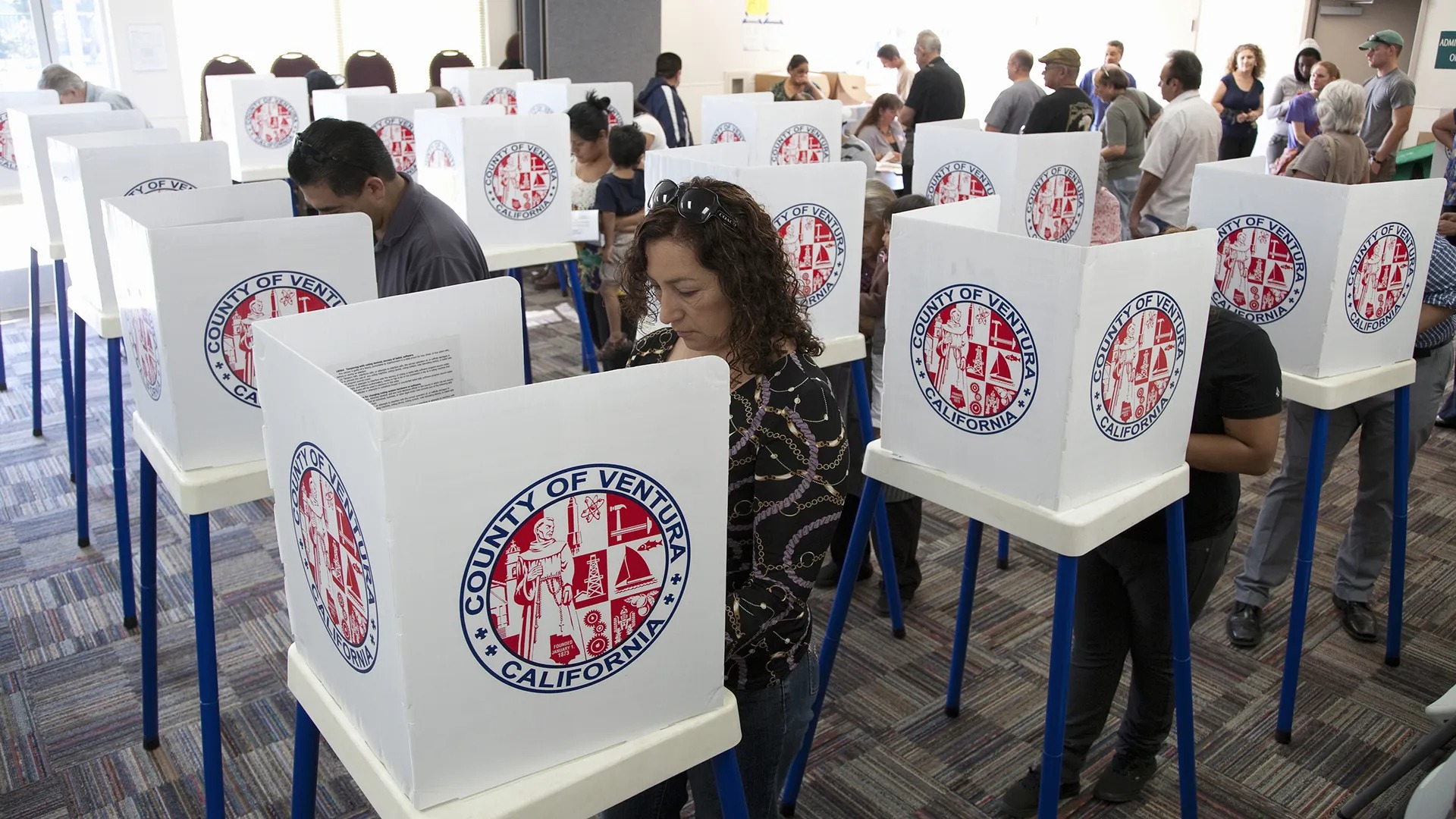This year, a significant portion of the global population will exercise their right to vote, and the implications for our planet are profound.
In 2022, we witnessed the hottest year on record, followed by an even hotter 2023. The current year is anticipated to surpass both records, indicating that we are not merely in the era of global warming but knee-deep in what United Nations Secretary-General Antonio Gutierrez calls the “era of global boiling.”
The interconnectedness of democracy and climate action is evident, with the delicate state of our ecosystems and governing systems becoming increasingly apparent.

Democracy and the Planet (Credits: Britannica)
As a climate activist deeply involved in fighting the climate crisis, memories of the burnt-orange skies in New York City and the catastrophic scenes of a submerged Pakistan, my family’s home country, linger. I have dedicated my life to organizing extensive voting campaigns, leading climate strikes, and contributing to climate policy at various levels, from local initiatives to the United Nations.
The link between climate action and democracy is clear: a critical mass of voters supporting politicians committed to climate justice can pave the way for transformative climate policies.
With elections scheduled in over 50 countries this year, a unique opportunity arises. Many of these elections take place in nations disproportionately affected by the climate crisis, including Pakistan, South Africa, and India.
Additionally, standoffs are expected in major polluters such as India, the European Union Parliament, and notably, the United States.
Democracy stands as the most potent tool to implement the necessary changes on the scale and urgency demanded by the climate crisis. However, democracy itself is facing challenges.
My optimism for voting rights was high after active participation in the 2020 election cycle. Despite overcoming systemic voter suppression, Georgians elected two senators promising reform.
Yet, accountability for the Jan. 6 insurrection has been lacking, and the For the People Act, a key voting rights bill, has stalled. Instead, more than 300 restrictive voting bills were introduced in 45 states last year, and former President Trump’s mugshot is being sold as campaign merchandise.
Authoritarian threats loom globally, with petrostates thriving under such regimes. This year, major fossil fuel exporters like Venezuela and Russia will host elections, but citizens may not experience free and fair representation. Russia’s actions in Ukraine further destabilize the global fossil fuel market.
As the top global oil producer, the United States stands at the intersection of democracy, authoritarianism, the climate crisis, and the approaching 2024 election. To be a true democratic leader, the U.S. must take decisive action on the climate crisis.
While the Inflation Reduction Act allocates substantial funds for climate infrastructure, it simultaneously supports fossil fuel development, causing disappointment, especially among young voters.
The president’s backtracking on promises to halt fossil fuel infrastructure and support environmentally detrimental projects like Alaska’s Willow Project adds to this disillusionment.
Collectively, we hold immense power. People consistently choose climate justice when given the chance. In Brazil, Prime Minister Jair Bolsonaro was ousted after devastating the Amazon. Ecuador witnessed a historic democratic referendum enabling citizens to vote against drilling in a vital biodiversity hotspot.
A Yale study I coauthored revealed that 44 percent of U.S. registered voters are more likely to support a candidate endorsing climate justice. Activism has propelled climate justice into a central political issue.
Representative democracy can instigate transformative change. Currently, 25 percent of registered U.S. voters are likely to join a campaign for climate justice, with potential to organize the largest movement yet.
The solution is evident: massive mobilization is essential to compel politicians to act. As we confront global authoritarianism, taking to the streets and mobilizing voters becomes paramount to addressing the interconnected challenges facing our democracy and planet. The fate of both hangs in the balance.























